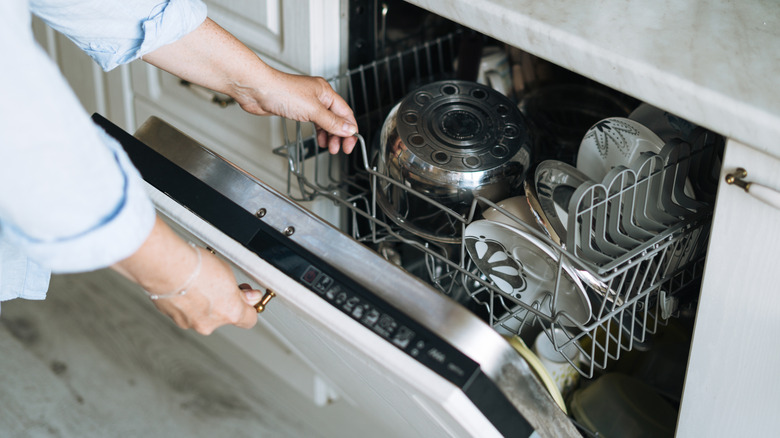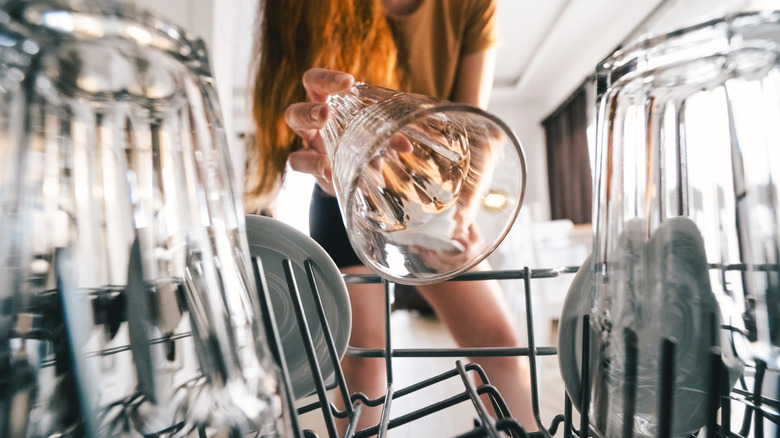Do Dishwashers Reuse Dirty Water? How To Understand The Process
Dishwashers are a lifesaver in busy homes, especially if you hate cleaning kitchen sponges, but let's be real — who hasn't wondered if they're actually doing the job as cleanly as they claim? Specifically, do dishwashers reuse dirty water? It's a fair question, especially if you're mindful about water use and hygiene. The quick answer is no — dishwashers don't reuse water that's dirty. But the way they handle water is a bit more complex than you might think.
Modern dishwashers are all about efficiency. While they do recirculate water during the wash cycle, they filter it to remove food particles and grime before it touches your dishes again. It's a clever way to conserve water without compromising on cleanliness.
The process starts with a clean slate — literally. Dishwashers pull fresh water from your home's supply and heat it to around 120 degrees Fahrenheit to 160 degrees Fahrenheit. This hot water is key for cutting through grease and breaking down food residue. Then, spray arms go to work, blasting your dishes with high-pressure streams of water to loosen up food particles. At this stage, the water is as clean as it gets, straight from the tap.
How dishwashers reuse water without compromising cleanliness
As the water does its job, it collects in the bottom of the dishwasher. But as mentioned, instead of just letting it sit there, the dishwasher runs it through a built-in filter. This traps any food bits, grease, and grime. Once filtered, the water is recirculated to keep the cleaning action going — without needing a fresh batch every time. So, while the same water gets reused within the cycle, it's not "dirty" by the time it hits your dishes again.
After the washing is done, the dishwasher drains all the used water (including whatever food and grime it's picked up). For the rinse phase, fresh water comes in again to ensure every last bit of soap and debris gets washed away. Finally, the dishwasher transitions to drying mode, leaving your dishes spotless. Some use heat drying, while others rely on condensation to get the job done.
So, while it's true that dishwashers reuse water during a cycle, they are designed to work smarter, not harder. They don't reuse dirty water in a way that compromises cleanliness. Instead, they use filtration and drainage to strike the perfect balance between eco-friendliness and spotless results. You can rest easy knowing your dishes are clean and your home water use is efficient. Energy-efficient dishwashers (EnergyStar models) use 6 gallons or less per cycle, while older models can use up to 16 gallons, whereas hand-washing dishes consumes 9 to 27 gallons, depending on faucet efficiency.

